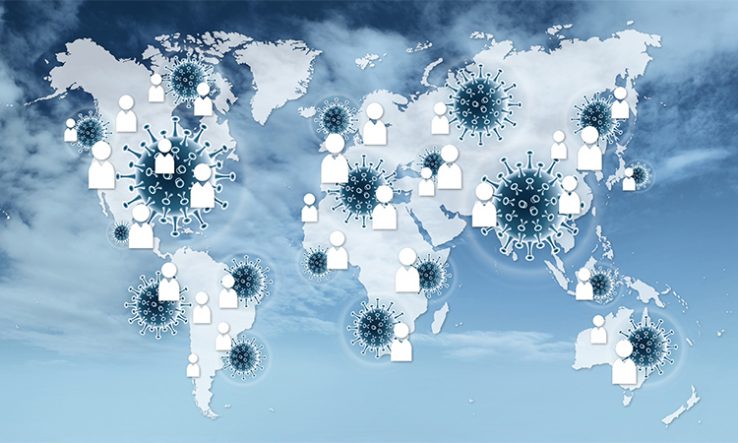
Health policy leaders decry “vaccine apartheid”, saying wealthy countries have “hoarded” doses
Global health organisations and philanthropic groups are calling for wealthy countries to redouble their efforts to fight the spread of Covid-19, including by boosting research.
On 16 August, the ACT Accelerator partnership on Covid-19 treatments and testing—formed by the World Health Organization and the World Bank among others—launched an urgent appeal for $7.7 billion to stem the surge of dangerous virus variants.
The push comes as the fast-spreading Delta variant of Covid-19 is becoming the dominant global strain, and the WHO fears that “new, and possibly more dangerous, variants of concern may emerge”.
The money would be used to scale up Covid-19 testing, pay for desperately needed oxygen, protect frontline workers and shore up research to “stay ahead of the virus”. The WHO said $1bn is needed for ongoing R&D, including into the efficacy of tests and treatments against emerging variants.
‘Vaccine apartheid’
WHO director general Tedros Adhanom Ghebreyesus urged countries to contribute, saying that a failure to do so would come at a great cost. “If these funds aren’t made available now to stop the transmission of Delta in the most vulnerable countries, we will undoubtedly all pay the consequences later in the year.”
His warning was echoed by an editorial published on 16 August in the medical journal BMJ, authored by its executive editor Kamran Abbasi alongside Fatima Hassan, the director of the South Africa-based Health Justice Initiative, and Gavin Yamey, a professor of global health and public policy at Duke University in the United States.
“Global vaccine inequity is toppling all our successes in rapid vaccine development and is needlessly prolonging the pandemic,” the authors wrote, describing the situation as a “vaccine apartheid” in which rich countries and pharmaceutical companies are “hoarding” doses.
“The only sustainable way forward is to globalise manufacturing so that disadvantaged countries no longer rely entirely on charity,” they said.